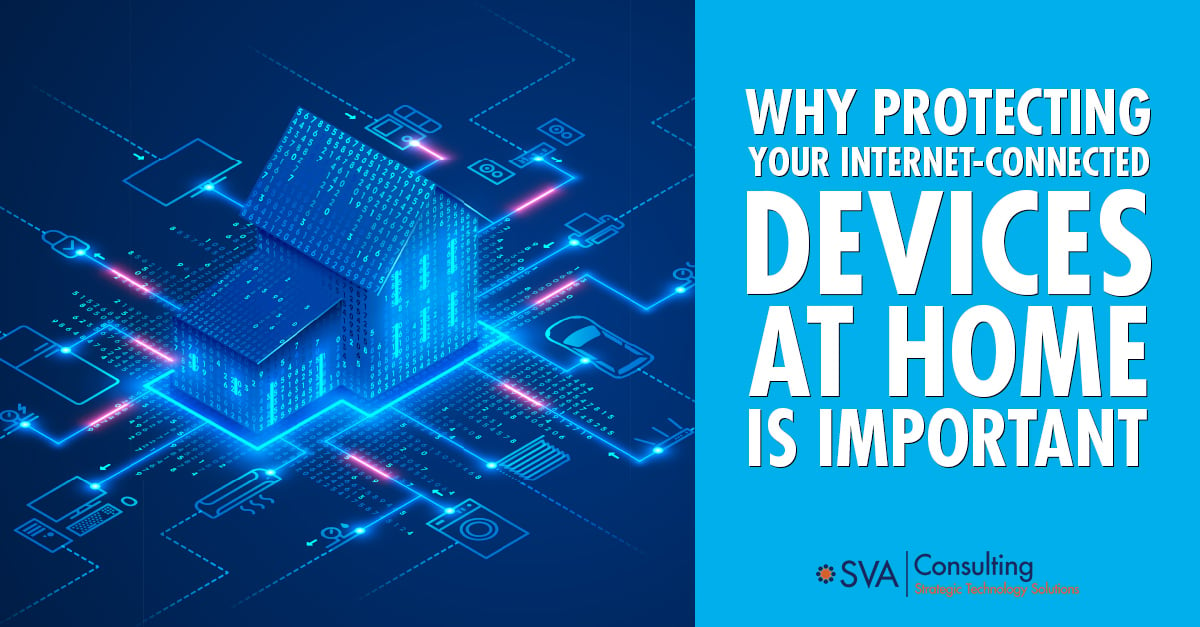"If you connect it, protect it"
This is a short and simple slogan we've taken straight from this year's Cybersecurity Awareness Month. As you may or may not know, October is Cybersecurity Awareness Month. For this week’s theme we will talk about ways to protect yourself, your computer, and any other devices that connect to the internet.
There are an estimated 4.8 billion internet users worldwide. In addition there are an estimated 30 billion internet-connected devices such as thermostats, locks, TV Set-top boxes, and light bulbs. (These are known as the “Internet of Things", or IoT for short). Over half of the IoT devices are known to be vulnerable to hacking. This is an incredible target for hackers, and a scary idea to those of us that have used these devices to improve our life.
How Can My Home Devices Get Hacked?
So why should you care that your IoT devices are not secure?
We can start with the big, bad things that are in the news: They can be turned into zombie devices that can then be used to attack other devices. Past attacks have knocked out banks, news sites, servers at your favorite shopping site, and even cybersecurity researchers trying to prevent future attacks.
However, closer to home, your IoT lightbulb can be turned into a relay for the rest of the devices on your network. Once the light bulb is hacked, it can unlock your front door or open your garage door if those devices are connected. Hackers can turn off your heat (Image that in the cold of winter in the Midwest), or shut down alarm systems that are internet-attached.
Once the bad guys are in, it doesn’t matter how they got there.
Keeping Your Home Computers Safe and Secure
If you have a new computer, don’t let it on the internet until it has the basic protections installed: Personal firewall, Anti-virus, browser controls. When you first attach it, immediately run your operating system updates. Make sure these controls keep running to keep you protected.
If your computer has been around a while, make sure all the updates are automatic, and are not failing. A computer missing an update is the biggest risk you have in the cyber security world.
Make sure your home network is secure. Don’t let outside connections in. Only visit reputable web sites. If you own a business, contact SVA Consulting to help protect you from the bad things on the internet.

© 2020 SVA Consulting







